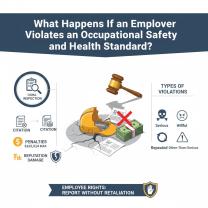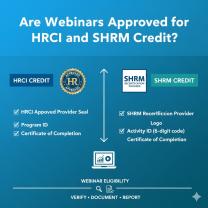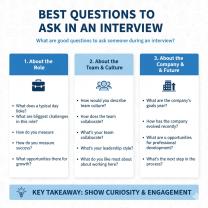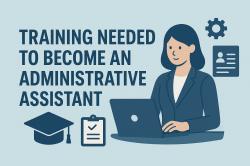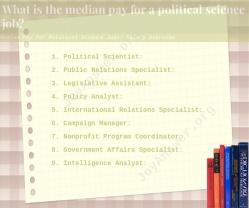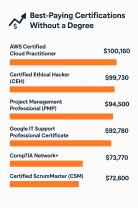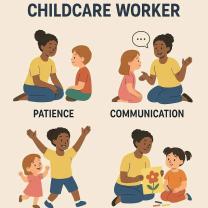How to communicate with a potential employer?
Effectively communicating with a potential employer is crucial during the job search and application process. Here are steps and best practices for communicating with a potential employer:
Initial Contact:
Online Application: When applying for a job online, follow the employer's application instructions carefully. Submit a tailored resume and cover letter as specified in the job posting.
Networking: If possible, use your professional network to make a personal connection with someone at the company. Networking can help you stand out and gain insights into the organization.
Professional Email:
If you're initiating contact via email, ensure your email address is professional (e.g., [email protected]).
Craft a clear and concise subject line that references the job title or purpose of the email (e.g., "Application for [Job Title]").
Tailored Cover Letter:
Write a customized cover letter for each job application. Address it to the hiring manager or relevant contact whenever possible.
Explain why you're interested in the position and the company. Highlight your qualifications and how they align with the job requirements.
Resume and Application:
Ensure your resume is well-organized and clearly highlights your skills, experience, and accomplishments relevant to the job.
Follow the employer's instructions regarding the submission of additional documents, such as references or portfolios.
Follow-Up:
- After submitting an application, send a polite follow-up email to express your interest in the position. Mention your application submission and inquire about the next steps in the hiring process.
Interview Preparation:
- If you receive an invitation to interview, prepare thoroughly. Research the company, practice interview questions, and formulate questions to ask the employer.
Interview Communication:
During the interview, be punctual, professional, and attentive. Answer questions clearly and concisely, providing specific examples of your skills and experiences.
Listen actively and engage in two-way communication. Ask questions to clarify any uncertainties and demonstrate your genuine interest.
Thank-You Note:
Send a thank-you email or handwritten note promptly after the interview to express your appreciation for the opportunity and reiterate your interest in the position.
Use this opportunity to reemphasize your qualifications and express enthusiasm for the role.
Salary and Benefits Negotiation:
If the employer extends a job offer, negotiate salary and benefits professionally. Research salary ranges for similar positions to inform your negotiations.
Communicate your expectations and be prepared to compromise.
Acceptance and Onboarding:
Once you accept a job offer, follow the employer's instructions for completing required paperwork and preparing for your new role.
Maintain open communication with HR or your hiring manager regarding any pre-employment tasks or questions.
Professionalism and Etiquette:
Maintain professionalism throughout the hiring process. Avoid unprofessional behavior on social media or in email correspondence.
Respond to communications promptly and respectfully, even if you decide not to pursue a job opportunity.
Consistency and Follow-Up:
- Keep track of all interactions with potential employers and follow up as needed to ensure you're meeting deadlines and addressing any outstanding items.
Rejection Response:
- If you receive a job rejection, respond graciously, thanking the employer for their consideration. Leave the door open for future opportunities by expressing your continued interest in the company.
Remember that effective communication with a potential employer is not just about what you say; it's also about how you present yourself professionally and how you listen and respond to their needs and expectations. Building a positive rapport with potential employers can lead to successful job offers and long-term career growth.


